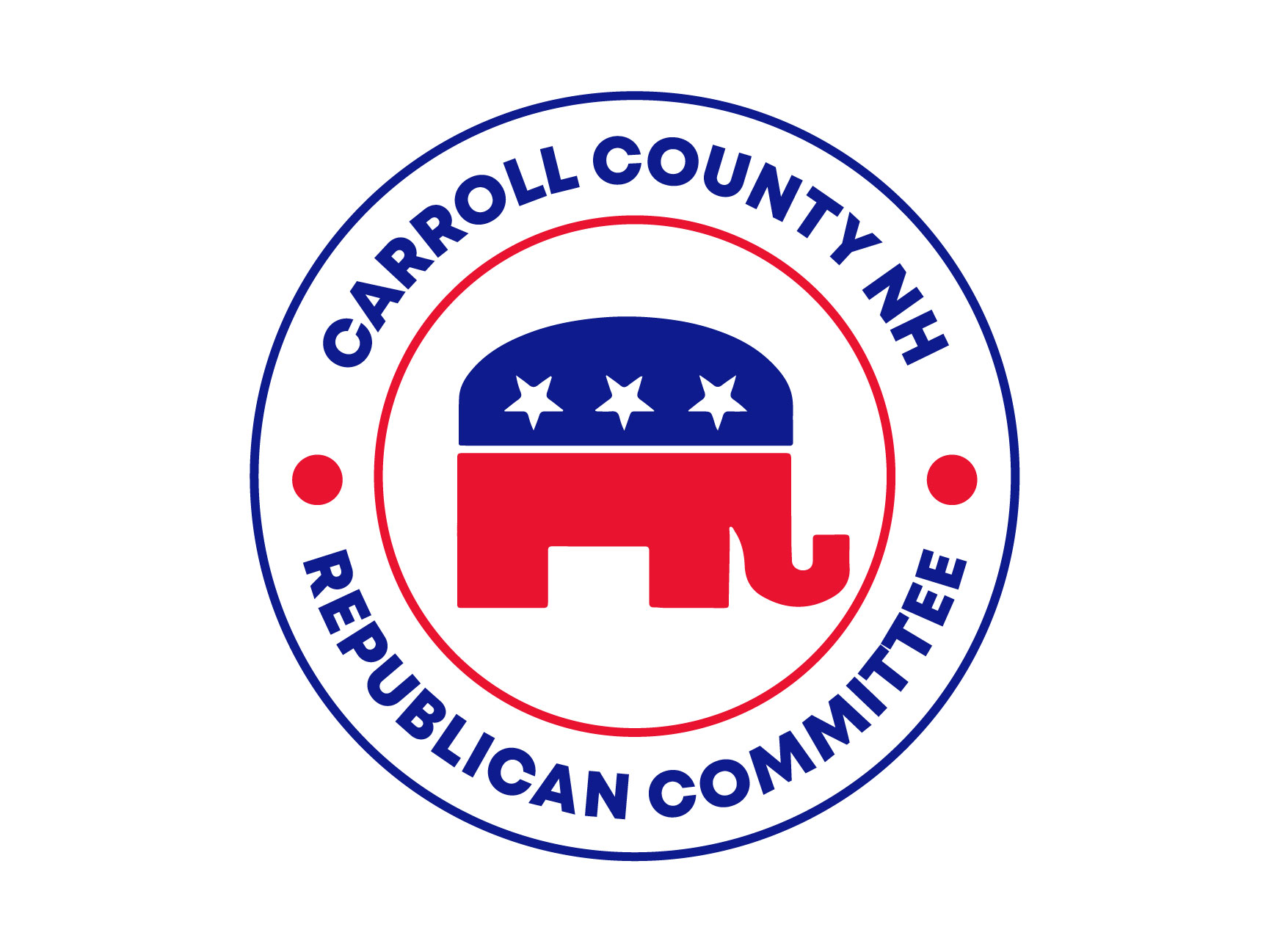Jeb Bradley: Bipartisan legislation
Aug 4, 2020
In June, the New Hampshire Legislature was able to salvage much of the bipartisan work of 2020. Due to the pandemic, our colleagues in the House met at the University of New Hampshire’s Whittemore Center. The Senate met in the House chamber.
Senators were able to group into omnibus packages priority legislation that had bipartisan support.
I had never used Zoom before the pandemic, but it quickly became commonplace. Senate President Donna Soucy and I worked together to identify important legislation that both sides supported and how we could group bills so that three months of work could be handled in two session days.
Many pieces of legislation were supported in the Senate, concurred with by the House and signed into law by Gov. Chris Sununu. This is noteworthy given the challenges the Legislature faced this session.
HB-1240 closes a loophole that allowed sexual predators in positions of authority over teenagers to take advantage of that authority to engage in sexual relationships. This loophole came to light as a teacher in the Concord School District was witnessed having a relationship with a student but could not be prosecuted. In fact, a student (Ana Goble) was suspended for reporting the incident.
Working with the Governor’s Office and Coalition against Sexual and Domestic Violence, I sponsored SB-468 to close the loophole. My amended version of the bill was added to HB-1240 and passed in June. Ms. Goble and I were invited to the bill signing by the governor, and I said at the time, “The one thing I would say about Ana is that she is way too humble in describing her role. At a time when our nation is looking for role models and heroes, we have one.”
Without Ana’s courage and persistence, this incident might not have come to light. Due to her action, teenagers are better protected from sexual predators.
Gov. Sununu also signed HB-1264, which sets standards in law for perfluorochemicals in drinking water. The Department of Environmental Service had previously set these standards, but they were challenged in court. Setting the standards in law offers better protection especially to residents in southern New Hampshire where PFAs have posed a significant threat. Part of that legislation is an authorization for the state treasurer to borrow $50 million for a long-term bond to mitigate the costs of compliance for municipalities and public water systems.
Gov. Sununu also signed HB-1111, which encourages deployment of broadband in underserved rural areas of New Hampshire. I sponsored SB 459 and cosponsored SB-457 at the request of the Carroll County Broadband Initiative and they were folded into HB-1111. These bills allow greater partnership between broadband providers and municipalities to expand into rural underserved areas of our state.
The governor also has allocated $50 million of federal CARES funding for broadband deployment. Unfortunately, the strict federal guidelines of the CARES Act require funds be expended by Dec. 31, which means many towns cannot effectively access them. I have urged our federal congressional members to extend the time for broadband deployment.
Hopefully an extension will occur federally, but it’s also critical locally that Carroll County residents respond to the survey about broadband deployment in their neighborhoods. That survey can be found at nccouncil.org/broadband. Rick Hiland and Steve Knox have done a terrific job leading Carroll County Broadband and this survey is an important step for enhanced deployment.
Sununu also signed HB-1623, which ensures patients can get an appropriate medical consultation remotely by phone or online, and providers are reimbursed at the same level for in-office visits. Rep. Bill Marsh of Brookfield, a medical doctor, led this successful legislative effort, which has become ever more important during the pandemic.
On the COVID-19 front, New Hampshire has been very fortunate to have had declining and now stable case rates. The governor and health officials have done a good job of managing this very difficult situation. But with the resurgence of the virus in many other locations, it is important that all of us display the personal responsibility to maintain social distancing.
Keeping the economy open means we should all wear masks when in public places. It is one of the critical things each and every one of us can do to stem the spread of this virulent virus.
Many people are still struggling with job and income loss or business curtailment. As always, if I can be helpful, please call me at (603) 387-2365.
—
Jeb Bradley is a Republican state senator from Wolfeboro.
